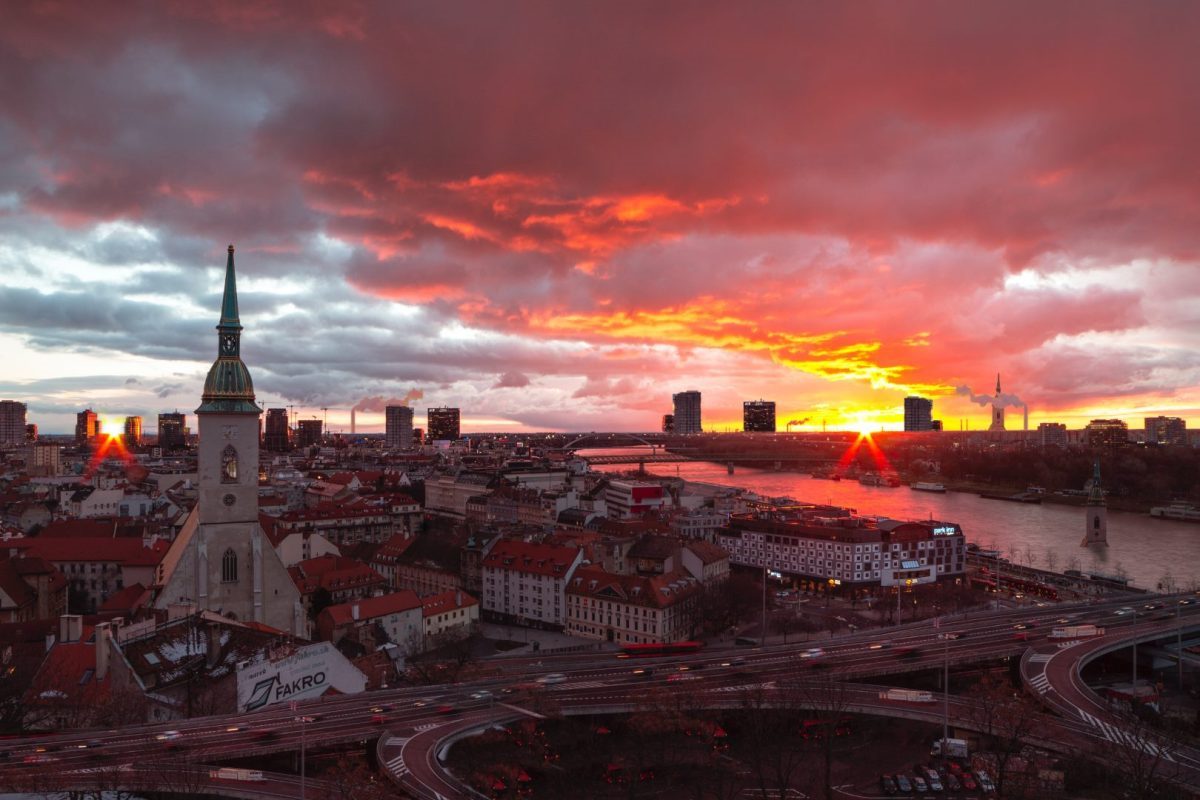Languages Spoken in Lilongwe: A Comprehensive Guide
Lilongwe is the capital city of Malawi, a country located in southern Africa. With a population of over one million people, it is one of the largest and most important cities in the region. The city is known for its mix of cultures and ethnicities, which is reflected in the variety of languages spoken there. In this blog post, we will discuss the languages spoken in Lilongwe in detail.
Chichewa
Chichewa, also known as Chewa, is the most widely spoken language in Malawi, including Lilongwe. It is also spoken in Zambia and Mozambique. Chichewa has more than 10 million speakers worldwide, and it is considered to be one of the official languages of Malawi. In Lilongwe, Chichewa is widely spoken and is considered to be the lingua franca of the city. It is the language used by most people for daily communication.
English
English is another official language of Malawi and is spoken in Lilongwe, especially in formal settings, like schools, government offices, and business establishments. It is a mandatory subject in schools, and many people in the city are proficient in English. As a result of globalization, English has become increasingly important in international trade, and many people in Lilongwe are keen to learn it.
Tumbuka
Tumbuka is a Bantu language that is spoken in Northern Malawi, including Lilongwe. It has approximately 2 million speakers worldwide, and it is one of the official languages of Malawi. Many people in Lilongwe are bilingual in Tumbuka and Chichewa, with a significant number of people speaking only Tumbuka.
Yao
Yao is spoken in Southern Malawi, including Lilongwe, by approximately 3 million people worldwide. It is a Bantu language that is closely related to Swahili. Many people in the city are bilingual in Chichewa and Yao, with a significant number of people speaking only Yao.
Other languages spoken in Lilongwe
Apart from the above-mentioned languages, Lilongwe is also home to a significant number of speakers of other languages, including Lomwe, Sena, and Nkhonde. These languages are primarily spoken by people from specific ethnic groups in the city.
Conclusion
In conclusion, Lilongwe is a city of many languages, with Chichewa being the most widely spoken language. English is also an essential language in the city, especially in formal settings. There are also significant numbers of people who speak Tumbuka and Yao, as well as other languages like Lomwe, Sena, and Nkhonde. Understanding the languages spoken in Lilongwe is essential, especially for people visiting the city or doing business in Malawi.
Insider’s Guide to Lilongwe: Languages Spoken, Attractions, Dining Spots, Cultural Experiences, and Off-The-Beaten-Path Suggestions
Welcome to Lilongwe, the charming and vibrant capital city of Malawi. Lilongwe, situated in the central region of Malawi, is not only the largest city in the country but also the commercial and political hub. This guide will provide you with all the information you need to know about what makes Lilongwe an incredible destination.
Languages Spoken
Chichewa is the official language of Malawi, but English is widely spoken throughout the country. In Lilongwe, you’ll find people speaking a range of local and foreign languages such as Tumbuka, Yao, Swahili, and even French.
Attractions
Lilongwe has a lot to offer for visitors, including beautiful scenery, cultural sites, and wildlife.
– Lilongwe Wildlife Centre: This is one of the best places to see Malawi’s wildlife up close while learning about conservation efforts. Visitors can take a guided tour, go on a nature walk, or even volunteer at the centre.
– Lilongwe Old Town: Take a tour of the bustling Lilongwe Old Town. Here, you’ll find street markets selling everything from local crafts to fresh produce, small shops, and local restaurants.
– Lilongwe Nature Sanctuary: This sanctuary was designed to protect various animal species and their habitats. It’s a beautiful place to walk and sightsee and see reptiles, birds, and mammals in their natural habitat.
Dining Spots
Lilongwe has numerous restaurants, catering to both local and international tastes!
– Mamma Mia Italian Restaurant: A great place to enjoy Italian cuisine.
– Kips Restaurant: Serves traditional Malawi dishes, including nsima (a staple maize dish).
– Bukhara Restaurant: A perfect spot to have Indian food.
Cultural Experiences
For tourists who want to experience local culture, Lilongwe is the perfect destination.
– Kumbali Cultural Village: This village provides visitors with an opportunity to learn about the Chewa people’s culture. You can see traditional dances and taste local food.
– National Museum of Malawi: The museum houses various Malawian artifacts depicting the country’s culture and history.
– Mapiri Cultural Village: This village offers a blend of all cultures in Malawi, with entertainment that includes music, dance, storytelling, and food.
Local History
Lilongwe has a rich historical heritage mostly dependent on oral tradition and cultural events.
– Kamuzu Mausoleum: The mausoleum houses the remains of Malawi’s first president, Dr. Hastings Kamuzu Banda.
– Chongoni Rock Art Area: This World Heritage Site, located in Dedza District, features over 127 ancient rock art sites dating as far back as the late Stone Age period.
– Bingu National Stadium: The stadium’s milestone marks the 45th Independence anniversary of Malawi. It is the most beautiful and iconic stadium in Malawi.
Off-The-Beaten-Path Suggestions
For the adventurous traveller, Lilongwe has some hidden gems that are worth exploring.
– Ntchisi Forest Reserve: The reserve is home to several bird species and primates like monkeys and baboons.
– Lilongwe River Walk: This is an excellent place to unwind and have a quiet walk or enjoy typical Malawian scenery.
– Lake Malawi: Lilongwe is the perfect gateway to Lake Malawi, which is famous for water activities, including snorkeling, diving, boat rides, and kayaking.
This comprehensive guide to Lilongwe will provide any tourist with unique experiences, getting a glimpse of the local lifestyle, and discovering the charm and hospitality of Malawians. Enjoy your stay in Lilongwe!
Table of Contents

